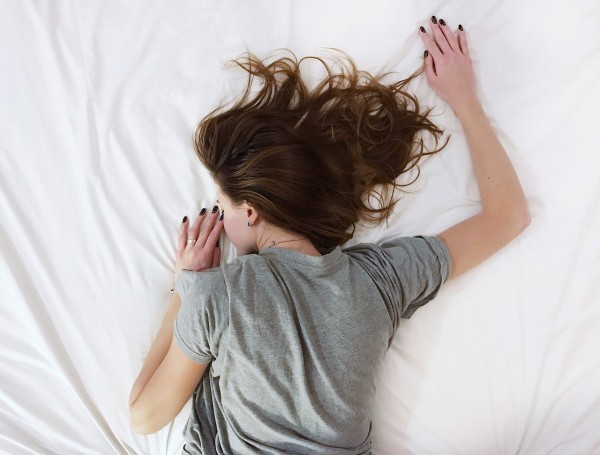Snoring is an Additional Risk Factor for Death from COVID-19
People who snore are three times more likely to die of coronavirus. This warning came after researchers from the University of Warwick analyzed the outcomes of COVID-19 patients diagnosed with sleep obstruction, or those who snore in their sleep.
Snoring happens when the muscles in the throat relax and narrow during sleep. This can interfere with airways and cause breathing to start and stop.
These scientists carried out a systematic review of 18 studies and found that those with obstructive sleep apnea were at greater risk of dying and requiring hospital treatment after catching the coronavirus compared to those without this disorder.
These 18 studies up to June this year consist of eight people who have a risk of death and 10 of whom were diagnosed and is being treated for sleep apnea.
These findings were published in the journal Sleep Medicine Reviews.
Risk factors including diabetes, obesity, and hypertension among patients with Covid-19, can contribute to these patients more likely ending up dying or under intensive care.
In a study of diabetic patients who were hospitalized for Covid-19 and were being treated for obstructive sleep apnea, they were at 2.8 times higher risk of dying on the seventh day after being admitted to the hospital.
LOOK INTO: Later Bedtimes Start in Adolescence

Conditions Associated with Snoring
Overweight or obese people have an increased likelihood of developing sleep apnea because the excess weight creates fat deposits in a person's neck called pharyngeal fat. During sleep, when the airways are relaxed, this pharyngeal fat can block a person's upper airway causing snoring. The air is literally being squeezed through a restricted airway, causing a loud noise.
The biology of obesity involves impaired immunity, chronic inflammation, and prone to blood-clotting, all of which can worsen the effects of COVID-19. And because obstructive sleep apnea is associated with obesity, this could mean an additional risk if they get COVID-19.
Dr. Michelle Miller, of the Warwick Medical School who led the research, said that further study is needed in order to understand the impact of obstructive sleep apnoea on Covid-19 patients.
According to Miller if there is no accurate number of people who have obstructive sleep apnea, it is difficult to determine exactly how many have experienced worse outcomes due to COVID-19. Since COVID-19 increases oxidative stress and inflammation and has effects on the bradykinin pathways, the ones responsible for regulating blood pressure, this can also affect those with obstructive sleep apnea.
Obstructive Sleep Apnea (OSA)
Obstructive sleep apnea is a sleep disorder wherein breathing repeatedly starts and stops as something blocks part or all of your upper airway while you sleep. This can may you feel tired even after a full night's sleep, but you are usually not aware that this is happening.
In order to diagnose this, your doctor may give you a physical exam and inquire about your sleep conditions. You may need to spend a night in a sleep lab or wear sleep monitors.
Treatment may include being connected to a machine while asleep in order to maintain pressure in the airways.
FURTHER READING: Sleep Apnea Treatment May Cut Depression
Check out more news and information on Sleep Apnea on MD News Daily.
Sep 15, 2020 07:40 AM EDT





